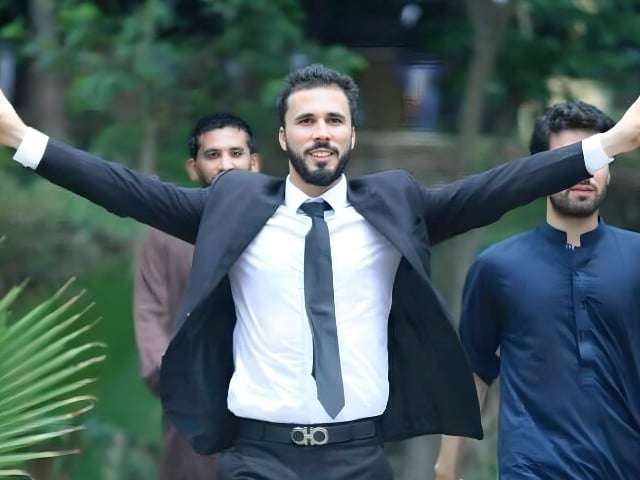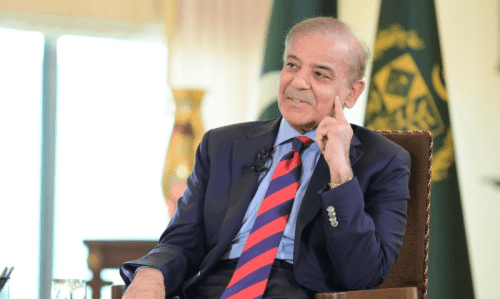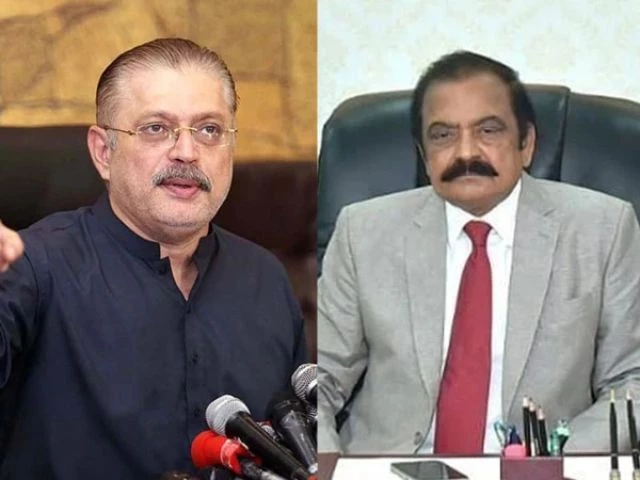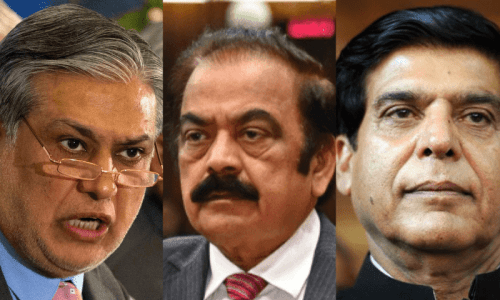In a significant development in the aftermath of the May 9, 2023, nationwide riots, military courts in Pakistan have convicted 60 more civilians, including prominent political figure Imran Khan’s nephew, Hassan Niazi, for their roles in the violent attacks on military and government installations. The decision has sparked both domestic and international reactions, with questions being raised about the fairness of military trials for civilians.
The May 9 Riots and the Violent Attacks
The May 9 riots were a series of nationwide protests that escalated into violent confrontations, leading to the destruction and desecration of military facilities and government buildings across Pakistan. These incidents followed the arrest of Imran Khan, the then-Prime Minister of Pakistan, which caused widespread public outrage.
Key Attacks During the Riots
The violence primarily targeted key military and government establishments, including:
- The Corps Commander House in Lahore
- The General Headquarters (GHQ) in Rawalpindi
- The ISI office in Faisalabad
- Bannu Cantt
These installations were attacked by protesters, leading to widespread destruction and raising serious concerns about the security and stability of Pakistan’s military and government institutions.
Military Court Sentences for May 9 Riots
60 More Civilians Convicted
According to a statement released by the Inter-Services Public Relations (ISPR), 60 individuals have been sentenced by military courts for their involvement in the May 9 riots. This follows the previous sentencing of 25 civilians just days earlier. The sentences were issued after military tribunals examined all evidence, ensuring that the legal rights of the accused were upheld throughout the proceedings.
Hassan Niazi’s 10-Year Sentence
Among those sentenced was Hassan Niazi, the nephew of former Prime Minister Imran Khan. Hassan Niazi was given a 10-year prison sentence for his involvement in the riots. His case has attracted significant attention due to his political lineage and the high-profile nature of the protests.
Details of the Military Court’s Statement
The ISPR emphasized that the convicted individuals had been given the opportunity to exercise their legal right to appeal the verdicts. The military statement also highlighted that the sentences were in line with the decision of the Supreme Court of Pakistan and the law passed by the Parliament. It further reassured the public that all due legal processes were followed in each case.
International Reactions to the Military Trials
Concerns from the United States
The United States has expressed deep concern regarding the use of military courts to try civilians. The U.S. State Department issued a statement stating that the military tribunals lack judicial independence, transparency, and the guarantees of due process. The U.S. called on the Pakistani government to respect the constitutional rights of civilians and ensure the right to a fair trial.
U.S. Statement on Due Process
The U.S. government’s statement read, “These military courts lack judicial independence, transparency, and due process guarantees.” The U.S. also emphasized the importance of a fair trial, a fundamental right protected under Pakistan’s Constitution.
United Kingdom’s Stance
Similarly, the United Kingdom, through its Foreign, Commonwealth and Development Office (FCO), raised concerns about the fairness of the trials. The FCO’s statement highlighted that trying civilians in military courts lacked transparency and independent scrutiny. It also warned that such trials undermine the right to a fair trial and urged the Pakistani government to uphold its international human rights obligations.
UK’s Call for Transparency
The FCO’s statement read, “We call on the Government of Pakistan to uphold its obligations under the International Covenant on Civil and Political Rights.” The UK government has called for a reassessment of how civilians are tried in military courts, in line with international human rights standards.
European Union’s Criticism
The European Union (EU) also expressed concerns about the trial of civilians in military courts. A statement from the European External Action Service (EEAS) mentioned that the convictions of 25 civilians were inconsistent with Pakistan’s obligations under international law, specifically the International Covenant on Civil and Political Rights (ICCPR).
EU’s Concerns Over GSP+ Status
The EU further noted that Pakistan’s participation in the Generalized Scheme of Preferences Plus (GSP+) requires the country to adhere to 27 international conventions, including the ICCPR. The EU has urged Pakistan to honor its commitments to uphold human rights and provide fair trials.
Pakistan’s Response to International Concerns
In response to the international criticism, Pakistan’s Foreign Office (FO) defended the military trials. A spokesperson for the FO clarified that the verdicts were issued in accordance with a law passed by Pakistan’s Parliament and were aligned with the Supreme Court’s ruling. The spokesperson emphasized that the military courts’ decisions were made in full accordance with Pakistani law and expressed Pakistan’s commitment to respecting its international human rights obligations.
Pakistan’s Commitment to Human Rights
The FO statement read, “Pakistan is fully committed to upholding all its international human rights obligations.” Pakistan has reaffirmed that the military courts’ verdicts were issued after careful examination of evidence and in compliance with national legal standards.
Legal and Human Rights Implications of Military Trials for Civilians
The Right to a Fair Trial
One of the most contentious issues in the ongoing debate is the right to a fair trial for civilians. Under Pakistani law, civilians are typically tried in civilian courts. However, military courts have the authority to try individuals in cases related to national security and certain other offenses.
Transparency and Accountability
Critics argue that military tribunals lack transparency and independent oversight, raising concerns about the fairness of the trials. The absence of civilian judicial scrutiny could undermine the credibility of the legal process and potentially violate the fundamental rights of the accused.
The Role of Military Courts in Pakistan
Military courts in Pakistan were established in 2015 as a response to growing terrorism and national security threats. While military tribunals are seen as essential for handling cases related to terrorism and national security, their jurisdiction over civilians has raised legal and ethical concerns.
Impact on Pakistan’s International Relations
The controversy surrounding military trials has also affected Pakistan’s international standing. As highlighted by the U.S., UK, and EU, the country’s human rights record could be under scrutiny, especially concerning its commitment to uphold international conventions like the ICCPR.
FAQs
1. Who was convicted in the May 9 riots?
Answer: Sixty individuals, including Hassan Niazi, the nephew of former Prime Minister Imran Khan, were convicted for their involvement in violent attacks on military and government installations during the May 9 riots.
2. What were the charges against those convicted?
Answer: The convicted individuals were found guilty of participating in violent attacks on key military facilities, including the Corps Commander House in Lahore, the General Headquarters (GHQ) in Rawalpindi, and other strategic locations.
3. What is Hassan Niazi’s sentence?
Answer: Hassan Niazi was sentenced to 10 years in prison for his involvement in the May 9 riots.
4. Why are international organizations concerned about the military trials?
Answer: International organizations like the U.S., UK, and EU have expressed concerns over the lack of judicial independence and transparency in military trials, which they argue violate the right to a fair trial guaranteed by Pakistan’s Constitution and international human rights standards.
5. How did Pakistan respond to the international concerns?
Answer: Pakistan’s Foreign Office defended the military courts’ verdicts, stating that the sentences were in accordance with Pakistani law and aligned with the Supreme Court’s ruling, emphasizing the country’s commitment to upholding its international human rights obligations.
Conclusion
The convictions of civilians involved in the May 9 riots have sparked significant debate both within Pakistan and internationally. While the Pakistani government maintains that the military trials were conducted in accordance with national laws, concerns about transparency, judicial independence, and human rights remain central to the discussion. As Pakistan navigates these complex legal and political challenges, the outcome of this issue could have long-lasting implications for its domestic and international relations.



